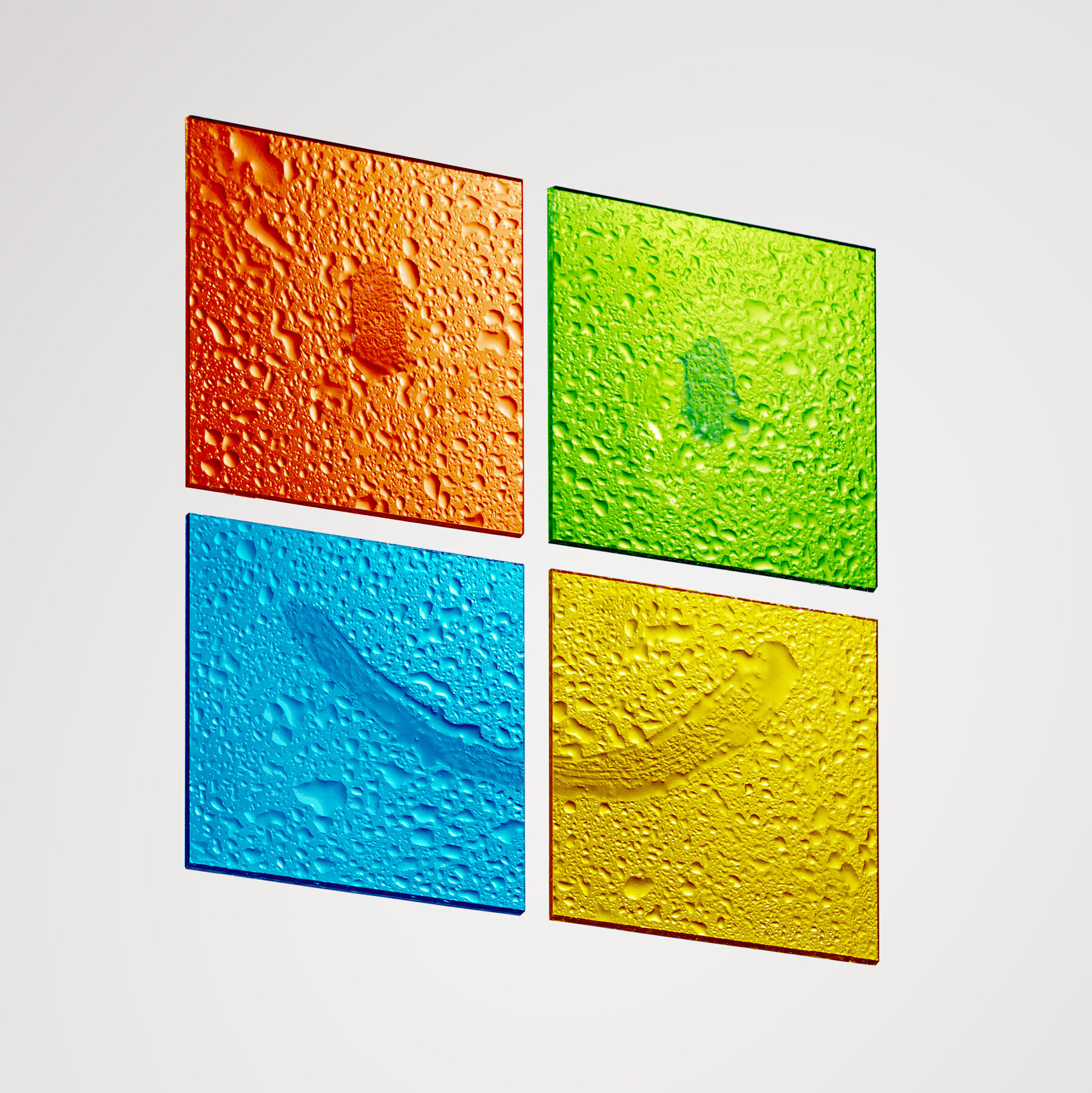- February 26, 2024
- 5 minutes read
Can a Tech Giant Be Woke?

The December day in 2021 that set off a revolution across the videogame industry appeared to start innocuously enough. Managers at a Wisconsin studio called Raven began meeting one by one with quality assurance testers, who vet video games for bugs, to announce that the company was overhauling their department. Going forward, managers said, the lucky testers would be permanent employees, not temps. They would earn an extra $1.50 an hour.
It was only later in the morning, a Friday, that the catch became apparent: One-third of the studio’s roughly 35 testers were being let go as part of the overhaul. The workers were stunned. Raven was owned by Activision Blizzard, one of the industry’s largest companies, and there appeared to be plenty of work to go around. Several testers had just worked late into the night to meet a looming deadline.
“My friend called me crying, saying, ‘I just lost my job,’” recalled Erin Hall, one of the testers who stayed on. “None of us saw that coming.”
The testers conferred with one another over the weekend and announced a strike on Monday. Just after they returned to work seven weeks later, they filed paperwork to hold a union election. Raven never rehired the laid-off workers, but the other testers won their election in May 2022, forming the first union at a major U.S. video game company.
It was at this point that the rebellion took a truly unusual turn. Large American companies typically challenge union campaigns, as Activision had at Raven. But in this case, Activision’s days as the sole decision maker were numbered. In January 2022, Microsoft had announced a nearly $70 billion deal to purchase the video game maker, and the would-be owners seemed to take a more permissive view of labor organizing.
The month after the union election, Microsoft announced that it would stay neutral if any of Activision’s roughly 7,000 eligible employees sought to unionize with the Communications Workers of America — meaning the company would not try to stop the organizing, unlike most employers. Microsoft later said that it would extend the deal to studios it already owned.
